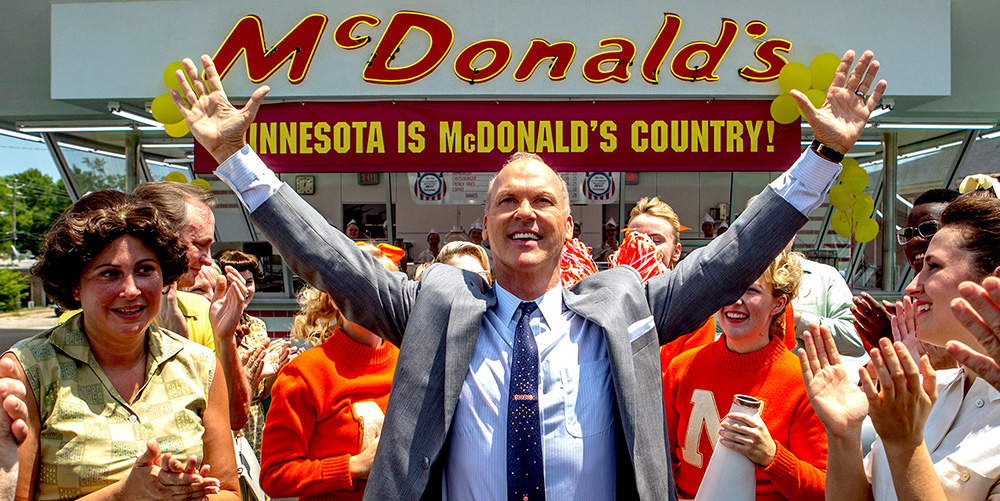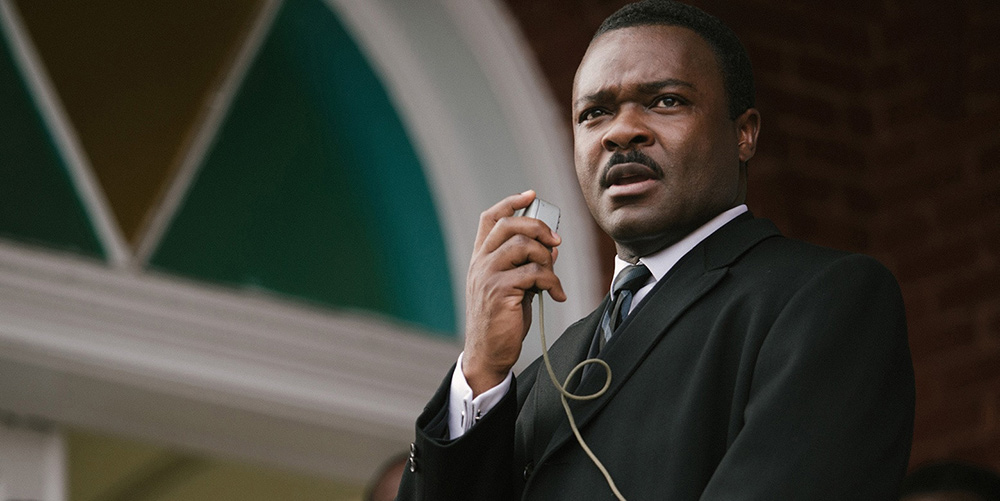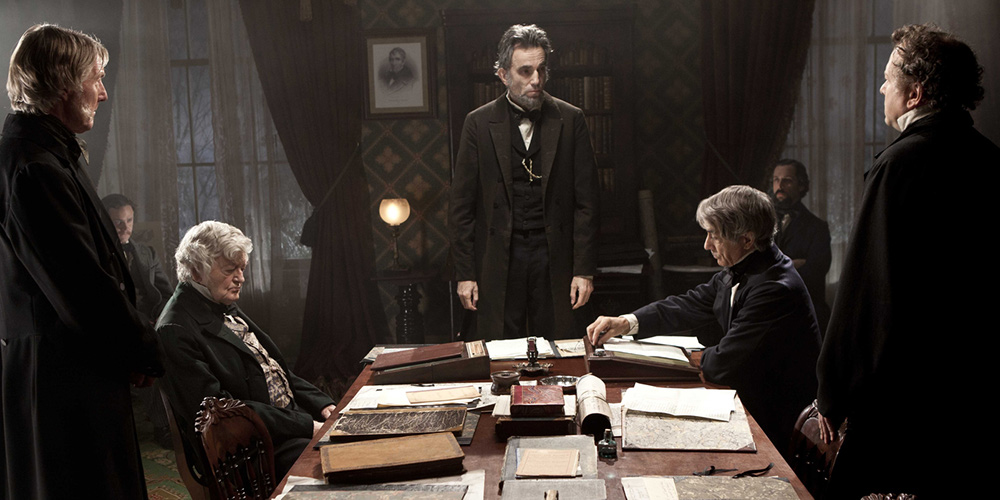At the end of Darkest Hour, Winston Churchill’s famous ‘We shall fight on the beaches’ speech wins Parliament’s support for continuing the fight against Hitler, and defeats Lord Halifax’s plan to sue for peace.
A surprised aide turns to Halifax and asks what just happened. “He mobilised the English language,” Halifax replies despondently, “and sent it into battle.”
Churchill’s wartime speeches are, of course, some of the most famous in history. He was renowned for writing them himself, and few could deliver them with such panache. But what made them so impactful and persuasive?
Emotive, visual language
Persuasive speeches use colourful, emotive language. In Churchill’s ‘We shall fight them on the beaches’ speech above, he talks of riding out “the storm of war” and outliving “the menace of tyranny”. Of “the odious apparatus of the Nazi rule.”
Repetition
Repeating words and phrases is a simple tactic which can lend extra weight to a point. Here he uses it liberally, talking of outliving the menace of tyranny “if necessary, for years. If necessary, alone.” “We shall not flag or fail,” he continues. “We shall go on to the end!”
And repetition dominates the most dramatic and famous part of the speech – words that galvanised a nation’s resistance and fortitude:
“We shall fight in France. We shall fight on the seas and oceans. We shall fight with growing confidence and growing strength in the air. We shall defend our island whatever the cost may be. We shall fight on the beaches. We shall fight on the landing grounds. We shall fight in the fields, and in the streets. We shall fight in the hills. We shall never surrender!”
Pacing and dramatic pauses
Churchill never hurries his speeches. He takes his time, speaking in short clauses, emphasising key words and using dramatic pauses to let his words sink in.
Rhetorical questions
Rhetorical questions keep your audience interested by opening a temporary gap in their knowledge, then closing it with an answer.
Churchill employs this tactic in the scene above: his ‘Blood, Toil, Tears and Sweat’ speech to Parliament on becoming Prime Minister.
“You ask what is our policy?” he declares. “I say it is to wage war, by sea, land and air, with all our might, and with all the strength that God can give us.”
And he continues with more repetition and more emotive language…
“To wage war against a monstrous tyranny, never surpassed before in the dark and lamentable catalogue of human crime.”
Rule of three
Research shows that people automatically tune in to lists of three. Churchill continues the passage above by asking another rhetorical question, then infusing the answer with repetition and a list of three:
“You ask what is our aim? Victory! Victory at all costs. Victory in spite of all terror. Victory however long, and however hard the road may be.”
Use simple words
Although some people believe longer, complex words make you look more intelligent, research suggests the opposite is true. Unless you’re using emotive, visual language then simple words triumph. As George Orwell wrote: ‘Never use a long word where a short one will do’.
In this scene you see Churchill both revising and delivering his speech, and instructing his secretary to replace ‘convened’ with the simpler ‘formed’.
Practise speaking out loud
Churchill frequently instructs his secretary to read his speech back to him as he’s revising it. While reading out loud is necessary advice for speeches, it’s also good practice for any writing, as it helps you to simplify your language and remove any clunky wording.
A ‘Twitter headline’
In Talk Like TED, communications consultant Carmine Gallo recommends creating a ‘Twitter-friendly’ headline for every presentation or speech. This is the single, overarching message you want your audience to know about your product, service, brand or idea – in no more than 140 characters (at the time, the permitted length of a Twitter post). It’s an exercise that forces you to crystallise and focus on the very essence of your message.
This speech may pre-date Twitter by 66 years, but Churchill still delivers a perfect Twitter-friendly headline: “I have nothing to offer….except blood, toil, tears and sweat.” With that media-friendly line, his audience knows he will throw himself into the task of defeating Hitler with body and soul.
Contrasts
Contrasts inject impact and drama, and Churchill ends his speech with a strong one: “For without victory, there can be no survival.”
Metaphor and analogy
Finally, a look at perhaps the most famous scene in the movie, and a passage repeated in every trailer. Here Churchill uses repetition again, along with a memorable analogy, to argue the futility of attempting to broker peace with Hitler.
“When will the lesson be learned? When will the lesson be learned? You cannot reason with a tiger, when your head is in its mouth!”
Why not try weaving some of these tactics into your own presentations to make them more impactful?





